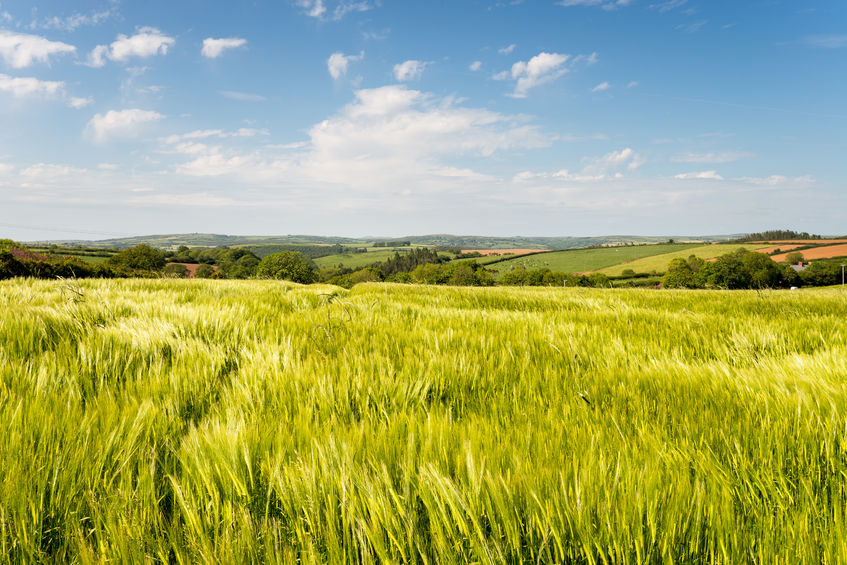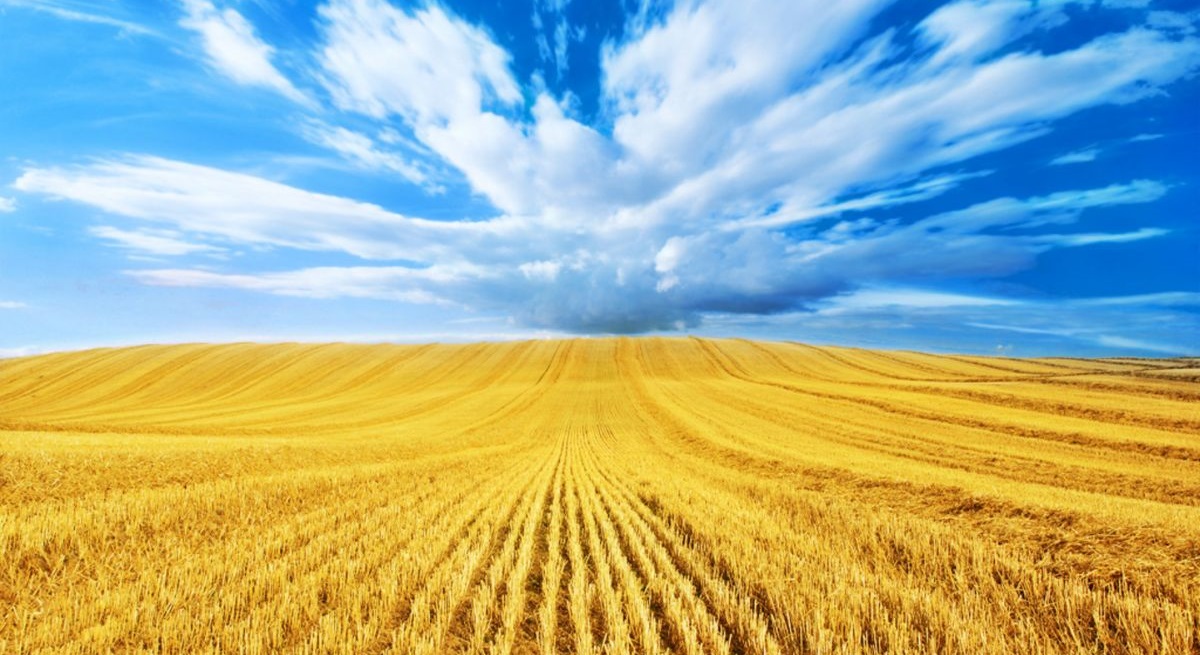
The decision to withdraw from the European Union could have an impact on land values over the next few years, says Andrew Black, director of land agent Savills.
He says the uncertainty following the decision to withdraw from the European Union may lead to reducing land values.
He said he expected moments of concern and anxiety over the next year or two.
Prime Minister Theresa May has indicated that the United Kingdom will give formal notice of its intention to leave the EU by the end of March next year.

The subsequent two-year negotiating period would mean the UK leaving the bloc by the end of March 2019.
However, Andrew Black said the benefits of land ownership remained the same.
He hoped that land would continue to be seen as a safe haven even if other markets became jittery.
’Early days and many unknowns’
But the full impact of Brexit on property values will be dependent on the economic story in the next couple of years.
"We must stress it is early days and there are many unknowns," said Ian Bailey of Savills Research.

"Uncertainty has to be the key factor and this will principally be around those factors that have direct impact on farm incomes.
"It is likely that farmland market activity in the remainder of this year will be more subdued as potential sellers wait and see."
The most pessimistic scenario is that the combination of suspended corporate decision making, sharp falls in consumer confidence, rises in lending rates and other factors leads to a short term recession in early 2017, followed by a period of much lower than forecast growth.
Farmland values
English farmland values fell by just 1.7% in the second quarter of 2016, compared with a slide of 3% during the first three months of the year.
The average value of English farmland is now £7,773/acre.
While this is 6% lower than the record-high of £8,306/acre hit last September, it still represents an increase of almost 160% over the past 10 years.
"Our research shows just over 100,000 acres were publicly marketed across Great Britain in the first half of 2016, which was on a par with activity for the same period of 2015," Mr Bailey said.
"Historic trends suggest uncertainty creates a lull in the market activity and this appears to be the case across England, where supply in the first half of this year, at 68,000 acres, was 10% lower than the same period last year.
"However, in Scotland and Wales the opposite pattern was recorded."
'Referendum fatigue'
"Anecdotal evidence suggests that, in Scotland at least, there has been a degree of referendum fatigue which has not hindered activity,” Mr Bailey said.
"In Wales the market is very small and a few farms can make a difference either way."
"In the short term the weak pound makes our exports more competitive.
"In addition, UK farmers may receive a significant increase in farm subsidies in 2017 if the weak pound continues through September.
“This may be a short term benefit. Rural businesses should use this and the window of opportunity created, by the time it will take to leave the EU after Article 50 has been triggered, to assess and mitigate potential risks to income and asset values of reduced government support,” Mr Bailey concluded.
